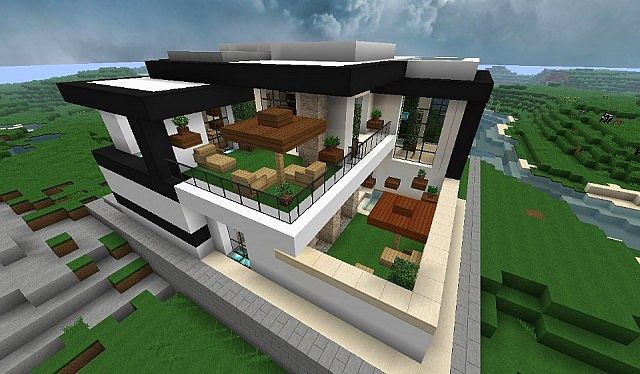How To Tell When To Buy A House
Investing in a home is one big financial decision that most people take at some point in their lives, and is usually a smart move for a number of reasons. However, how can you tell when the time is right for you to make an investment in a home? This is a far from straightforward question as there a number of variables that could make it wise to act immediately in one case, and not so wise in another. Read on to find out the four most important factors you will need to consider when buying a house.
#1. Low interest Rates (Cheaper mortgage)
Depending on a number of factors, you might choose to purchase property when interest rates are low or when they are high. When rates are low, it is usually an advantageous time to lock into a mortgage so that you enjoy lower interest rates in the long run. The downside to this is that there probably will be a number of other buyers looking to purchase property around this period and while you’ll have cheaper access to financing, you may have to deal with pricier properties.
#2. High interest rates (buyers’ market)
As illustrated above, high interests rates could also be a good time to buy property and the decision you ultimately take will have to be based on what works best for you at any specific point in time. When interest rates are high, there is less demand for mortgage financing because people are wary of getting locked into expensive mortgages, especially if there is optimism that interest rates might drop soon.
This could be advantageous for you as it means there would likely also be a drop-off in the demand for property, which then creates a buyers’ market. This essentially means that due to the fact that consumers aren’t buying property, prices would drop and if you’re willing to invest at that moment, you might be able to find some prime property at a market value that offsets the extra costs in interest rates.
#3. Current financial position
Your decision should be made with an eye firmly on the realities of your current financial position. One thing you most probably want to avoid is sinking your hard earned dollars into an investment only to have your home repossessed half way into the term of your mortgage contract because you lost your job. If you don’t have a stable and very reliable source of income for the foreseeable future, you probably should think twice before you commit to buying a house.
#4. Personal and family situation
Even if the finance side of things seems to add up quite nicely, you still have some other important factors to consider. For example, is your family ready to move to a new area (if your new home is located somewhere distant)? The decision to move could bring along with it a number of weighty lifestyle changes such as different schools for the kids, a different social life and even, perhaps, temporary unemployment.
You might be think you’ve got this covered by planning to purchase a home and moving into it once you’ve got all these factors properly sorted out, but you should know that this may not be the best move as in Canada homes are taxed for their appreciation in value as long as the home-owner is not currently living there.
These are some of the most important factors you would have to consider when making the decision of buying a new home or not. You will need to carefully weigh them up and measure the validity of either option by considering what the total cost of either decision would be.





